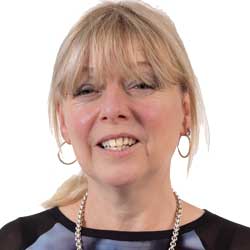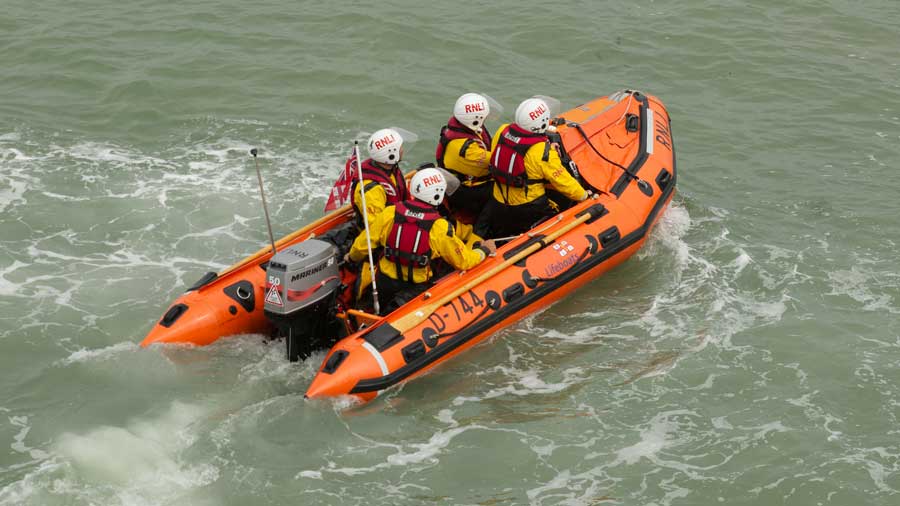Why are we here?
Charity boards need to ask themselves some fundamental questions to discover if their organisation is still making a positive difference

GOVERNANCE & STRATEGY
Image: Istock

Sarah Loader
Consultant, Campbell Tickell

Sarah Loader
Consultant, Campbell Tickell
Issue 67 | September 2023
How many of us would put ourselves out of work because we didn’t think we were making the right difference to wider society? Not too many, I suspect. And how many of us would even reflect on the meaning and purpose of what we do in the first place?
Well, the board of major UK funder Lankelly Chase has done just this and decided to redistribute all the charity’s assets over the next five years. It has taken the bold decision to close after becoming increasingly uncomfortable with the idea of traditional philanthropy, with its power-over-others approach, and will pass on its assets to organisations that directly undertake social justice work across the UK. How many other charity boards would so bravely question their own existence?
However people feel about the outcome reached, the board of Lankelly Chase has really challenged itself in its strategic role, getting back to the fundamentals of why it is there and what it is for, taking into account changes in society and views.
All boards need to take a step back from time to time and really think about what the charity is there for and if what it is doing is still worthwhile.
The kinds of questions a board should ask itself are:
- Are our charitable purposes still relevant? Should we still exist?
- Are there other organisations that might fulfil these purposes more effectively? Should we consider partnership working or merging?
- Have attitudes and values changed in a way that should impact on how we operate?
- Do we really understand the people we are here to help? What are their needs? Are we meeting them?
- Do we have the information provided to us as a board to assure us that we are meeting needs and fulfilling our purpose?
- Do we understand those people who we are not yet reaching, but should? What are the barriers to helping those people who are not accessing our services, but should?
Making an impact
All of these questions will help boards to focus on the charity’s impact and how it can change and improve the way it works to become even more impactful.
Recent research carried out for the Charity Commission has identified that the public expects charities to make the impact that they promise to make and that this is a driver of public trust in charities as a whole. The Charity Governance Code recommends that all boards should be clear about the charity’s purposes and ensure these are being delivered sustainably and effectively.
At Campbell Tickell we can help boards to probe these fundamental questions, ranging from providing help with strategic planning, facilitating board sessions, or carrying out board effectiveness and governance reviews to assess how well the governance supports boards to ask these questions and really understand impact.
It can be uncomfortable and challenging, but going back to the fundamentals really helps to focus on why you are still needed and if you are still making a positive difference.
“Recent research has identified that the public expects charities to make the impact that they promise to make and that this is a driver of public trust.”

